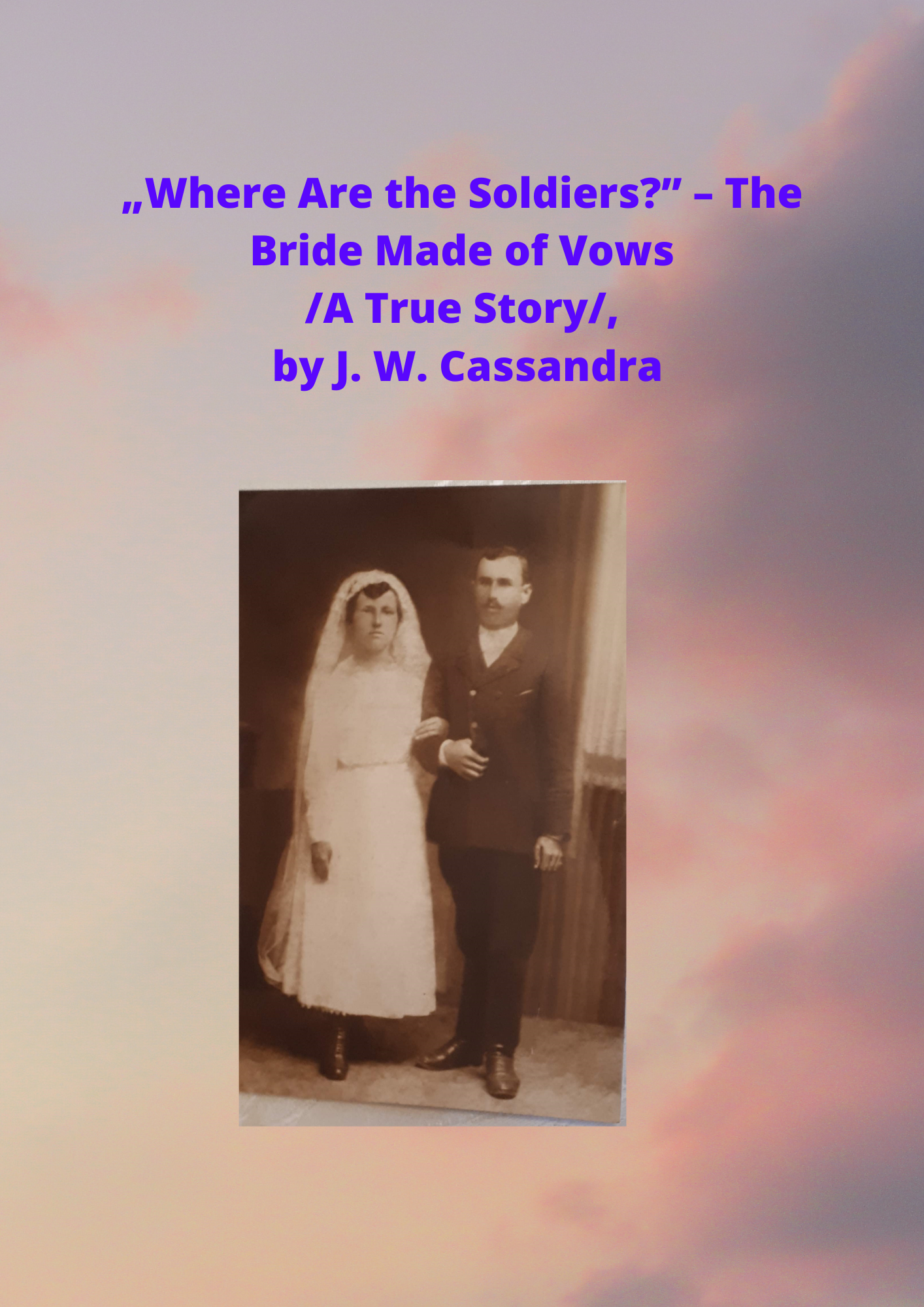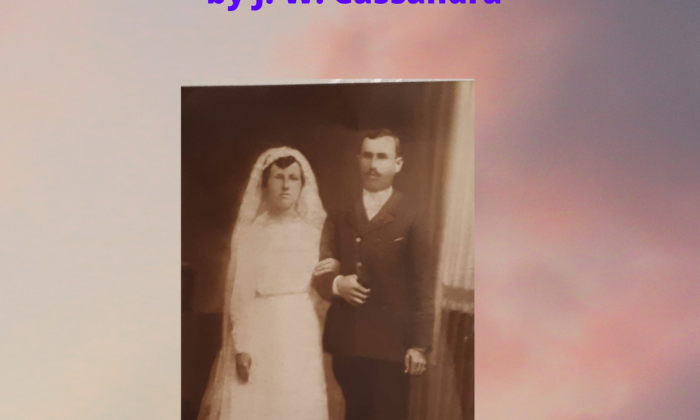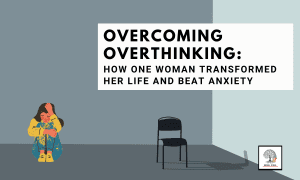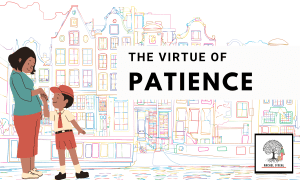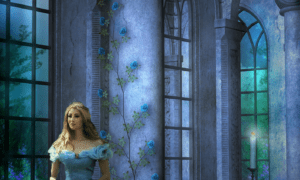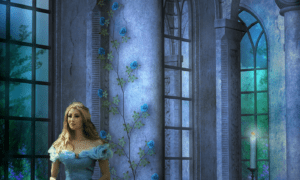I have been struggling a long time – and during this, you have to understand years – whether I shall ever put my grandmother’s story on paper. However, the meaningless, murderous war that broke out in the recent days, motivates me to consider to do so.
Well, my maternal grandmother whom I have loved unspeakably, was born on the day of the martyrs of town Arad [1] in 1900, in a small village in the South Great Plain. And though, she was born 51 years later of that day, nevertheless as if the martyrs’ omen were covering her life. According to my memory, she always listened to the radio at all times, with devotion – later on TV – the song „Where Are the Soldiers?”, which commemorates soldiers dragged and forced to World War I., who were devastated there meaningless. And without exception, she was crying every time, turned and hid her face in her apron. Since we were still small children, we did not understand, but our parents always said, „Be silent and leave her! Don’t ask her why she cries!
Long after, our parents told us when she could not hear it: since she was born in 1900, she survived even two world wars. She was a young girl during the time of the first world war, and of course she kept the picture of a young lad in her heart. Who was driven away and forced to be a soldier and who promised her, who promised her to return to her with a vow.
The lad was lively, he loved whistling. The young girl especially loved to listen to him when he was whistling or singing her his favourite song of outlaw, the refrain of that we could remember only much later:
„Get up, outlaw, don’t sleep on,
Midnight hit the clock!”
The family chronicle handed down that when the young lad was enrolled and sent to the front among others, the young girl was waiting for him back with anguish, and as others, she also went to the billings every day to see whose name was included in the roll of honour. Many a headscarf, plaided, many barefoot girls and women watched the same casualty list every day heartbroken, along with her. And there was always someone who was spelling out the names for those who could not read, Martin Great… Joseph Little…John Smith… The line kept increasing like the insatiable little globule. However, this was not a fairy tale, but the meaningless World War’s insatiable appetite: it swallowed everyone without sorting…
Then on a „beautiful” day there was the name. The girl herself was able to syllabize it but she did not see it well because her eyes filled with tears. So she asked the reader. And she did not believe her ears: – Michel Carter is on the list, oh, honey, so… but I’m so sorry to have to read this to you…
And it was the first time that my grandmother buried her face in her apron: do not let anybody see how she is crying for him! Do not let anybody see how she is weeping for her never-was and never-fulfilled happiness… But, she wasn’t the only person mourning for the soldier, who was dragged away so he could never return… She could not even tell later ever how she had stumbled home. She took out the holy family Bible and prayed. She was praying for years, until she felt she would be able to face what was on her.
And she made a vow, a terrible one: if she ever got married, she would only choose a war cripple, to fulfill her duty because she would never be able to choose anyone for love again…
Years passed, the war was over. Hopes also came to an end. Countless girls, women, mothers mourned for the soldier who will never be able to return home any more.
Then the young girl was told of a war disabled soldier. They entered into a prenuptial agreement and married of vows in the spring of 1922. In the family photo she is visible looking seriously, rebuking, strictly: there is no trace of cloudless happiness that flows from the young couple on their wedding day. Both of them are standing seriously in front of the camera.
Later, her husband was scheduled to undergo surgery because his knee was shattered by the bullet, which threatened him with paralysis and early death. However, he, who was not my grandfather, but my grandmother’s first husband, was stubbornly determined not to allow amputation, saying, „God created me with two feet, I live as long as I live, but on two legs! I will not allow it to be cut off! Even if I die, I’ll still be buried with two legs. With both feet as God created!”
They lived together for nine years. During this time, they even had a son but at age of two he drank cold water after running and since he got warmed up, he got pneumonia, and because no antidote could be given at that time, he died. The first of the five sisters whom we could know yet, survived. In the meantime, the small family moved from the small village of the Southern Great Plain to Transdanubia, to the town Székesfehérvár. They lived there for more than a year. My grandmother went to the hospital to clean up, so they may make a living from it. By this time, long years have passed since the moment that name was read from the roll of honour…
One beautiful summer day, the young woman was scouring the hospital halls. Standing on her knees, the young woman with an upturned skirt mopped the rooms in turn, while some kind of workers were restoring and painting the wall. Hands of the young woman were working busy, she did not even look up – why would she do it? Then she suddenly heard the familiar melody whistling by someone standing at the top of the ladder, pulling the paintbrush. And that a grain of doubt could not stay, the man started to sing while was working: „Get up, outlaw, do not sleep, Midnight hit the clock!”
My poor grandmother looked up at him and then collapsed next to the bucket so she had to be revived.
Anyone who thinks that she left everybody in the lurch and left the vow of marriage is wrong: my poor grandmother learned that her former true love who had once swore to her that he would return to her, had been taken prisoner of war and spent years somewhere in Siberia before somehow returning home. His name was mistakenly added to the list of fallen… And the lad went to the small village, looked for his Mary, his whistling was heard from afar. Then he rattled the door of the former house, but he could only talk to the neighbour: „Aunt, I would like to know about Mary…”
„Is it you, Michael? Well, didn’t you die? And we’ve already wept for you! We buried you in effigy in the cemetery!”
„Mary”?
„Mary? Oh, son, don’t ask… That comely good girl cried her two eyes out after you, she kept waiting for years, if you did come home after all. But you didn’t come, and then she vowed to marry a war disabled soldier. She moved out of here a long time ago…”
„She couldn’t have known I was languishing in prison on a land far away… But it is just like her to make such a vow… Oh, my God, what wretched must she be! Poor Mary! Then there is nothing else to do if my name is in the cemetery for eternity!” The former prisoner of war sighed. „I’ll go far from here so I could forget…”
With this he said good-bye and ambled out of the village with his head wilted down. He was never seen in that land again, only fame was that he had gone to remote lands, because he felt uneasy to stay any more.
Then, at the hands of fate, they met in the far town so that fate sealed their unhappiness again. And Mary, my grandmother, remained in the haven of the vow marriage, because people didn’t get divorced at the time, and Michael disappeared even from there. They never met again.
Our mother was born from our grandmother’s second marriage, she was her last child. She hissed at us with our father every time the radio broadcast ”Get up, outlaw”, or every time the painful song resounded:
Where are the soldiers, [2]
Who fought for many years?
Where are the soldiers?
They perished a long time ago!
Where are the soldiers?
Their graves are engulfed by a hundred flowers.
Tell me why it is so,
Tell me why it is so?
Where are all the grave crosses?
Even the autumn wind starts to cry…
Where are all the grave crosses?
They rotted long ago!
Where are all the grave crosses?
One cannot understand that!
Tell me why it is so,
Tell me why it is so?
I can still see her turning away, a grief-pit opening on her face, her eyes darkening from tears, and to hide it, raising her apron, her turning away from us: just don’t anyone see it! And I can hear the choked, short, bitter-grief sobbing.
For her long decades, while she was alive, she wept for the soldier.
Nevertheless, now there will be no survivors. No one to marry of vows. No one who waits for years heartbroken for the soldier whom she loves, to return home. Her husband. Her son. Her father. Her fiancé. Her brother. Her relative. Her neighbour. THE SOLDIER.
There will be no one to mourn them until their death. Those who are dragged away meaninglessly against their will. Only a nuclear winter will fall on the extinct planet.
- March 2022., J. W. Cassandra
[1] It was 6th October, in town Arad, today territory of Romania, at that time that of Austro-Hungarian Monarchy that 13 of the leaders of the Hungarian revolution and freedom-fight in 1848-49, the winners ordered to hang as rouges, as a bloody vengeance of the suppressed freedom-fight.
[2] Song for victims of World War I., „Where Are the Soldiers?”, detail, translated by me.
